Has Brexit Broken Keir Starmer's Chances Of Ending Labour's Losing Streak?
7 min read
In the wake of the crushing Hartlepool defeat Lord Mandelson put Labour’s woes in the most simple, and most brutal, terms by reeling off the last 11 general election results for the party: lose, lose, lose, lose, Blair, Blair, Blair, lose, lose, lose, lose.
The big question facing Sir Keir Starmer now is how does he prevent a fifth ‘lose’ being tacked on the end of that come 2024 after a series of damaging results poured in this weekend?
Perhaps not by briefing that “he will take responsibility for these results – and he will take responsibility for fixing it” and then sacking his deputy Angela Rayner as party chair.
Or by then appearing to embark on a reshuffle of his top team on the day when focus of his party should be on the potential collapse of the union under the Tories following the SNP’s victory in Holyrood.
He might have finally succeeded in uniting all wings of the party in the last 48 hours, but unfortunately it's in anger and confusion.
But the issues the Labour leader faces in getting back into power run a lot deeper than whether Starmer's front bench is studded with household names, or even his own performance as a potential Prime Minister-in waiting.
Since Thursday's election results began to roll in there have been many diagnoses for Labour's malaise, and even more proposed solutions, and they're mostly paradoxical: unite the party again, divide it further, take on the Tories, tack to the left, focus on green issues, ally with other progressives, trumpet the benefits of Brexit, hoover up the Tory remain vote.
In truth Starmer’s party always faced an uphill battle in the face of a ruling government that has swamped the airwaves this past year, has paid the wages of millions of people to get through a pandemic and then delivered a way out of it with the vaccine rollout – something they were keen to remind people as they sought to manage expectations ahead of predictions of a disappointing result.
The incumbents have done well everywhere, but that does also mask the deeper issues Labour faces in its quest to win back the swathes of seats which turned blue in 2019.
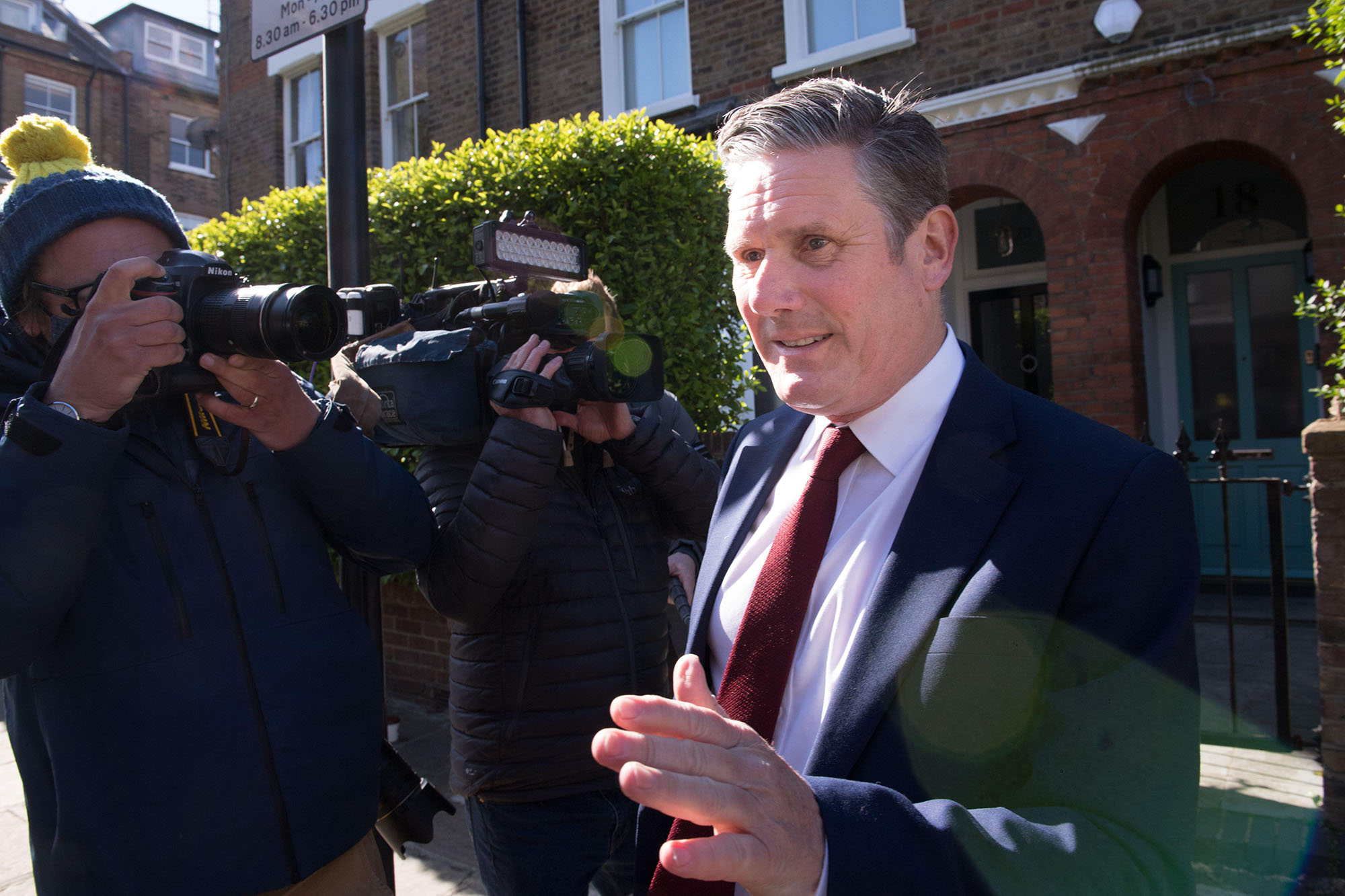
To win the next election Starmer will need to gain about 125 seats, which would entail a bigger swing to his party than Clement Attlee and Tony Blair achieved in the totemic victories of 1945 and 1997, which reveals the scale of the task.
But that pre-supposes Labour’s collapse is complete, when analysis of the seats they still hold shows they may still have even further to fall thanks to delayed aftershocks from the political earthquake of 2016's EU referendum.
Starmer’s desire to move on from Brexit is not matched by voters, as Thursday’s result in Hartlepool showed. In 2019, the leave-leaning town gave the Brexit Party 10,000 votes, which seem to have now been hoovered up by the Tories.
They are plenty of places that mirror the Teeside town, where the presence of the Brexit Party split the anti-EU vote at the last election and allowed Labour to hang onto seats they might have otherwise lost.
Take John Healey and the shadow housing secretary’s South Yorkshire seat of Wentworth and Dearne; in 2010, 2015 and 2017 he had a majority of around 14,000, but in 2019 that fell to just 2,000.
However, it could have been much worse for Healey, as the Brexit Party candidate won 7,000 votes, without them standing he would surely have lost his seat - and the clear fear is next time round with them gone he will be defeated.
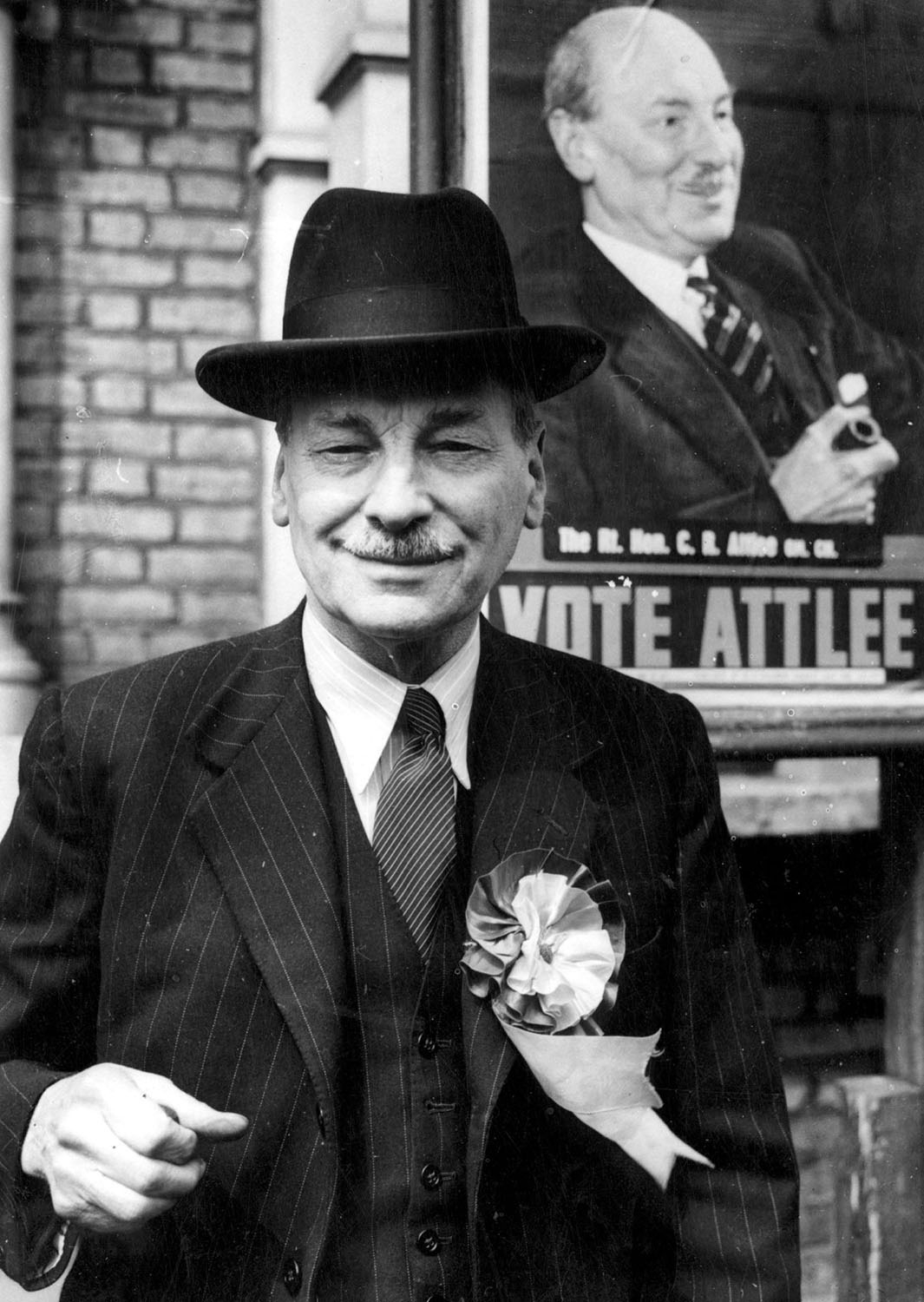
Yvette Cooper, being talked up for a return to the shadow Cabinet, has seen her majority in Normanton, Pontefract and Castleford slashed from almost 15,000 votes in 2017 to just over 1,000 two years later.
The vote share for the Brexit Party candidate there, as was the case in both Halifax and Hull West in 2019, was much larger than Labour’s winning margin, and while it is not certain all of those votes would break to the Tories, the evidence from Hartlepool is less than encouraging.
Over in West Yorkshire the next potential headache for Starmer is Batley and Spen, where Labour will face another by-election if MP Tracey Brabin becomes the region’s mayor, and must relinquish her Commons seat in the process, as is expected.
She had a majority of 3,500 votes last time out, but a combination of the candidate for the Heavy Woollen District Independents, a former local Ukip branch chair, and the Brexit Party together picked up 8,000 votes.
For the Tories to pick up two by-election wins in a calendar year against the opposition having been in power for a decade is completely unprecedented and will only dial up the pressure on the Labour leadership further.
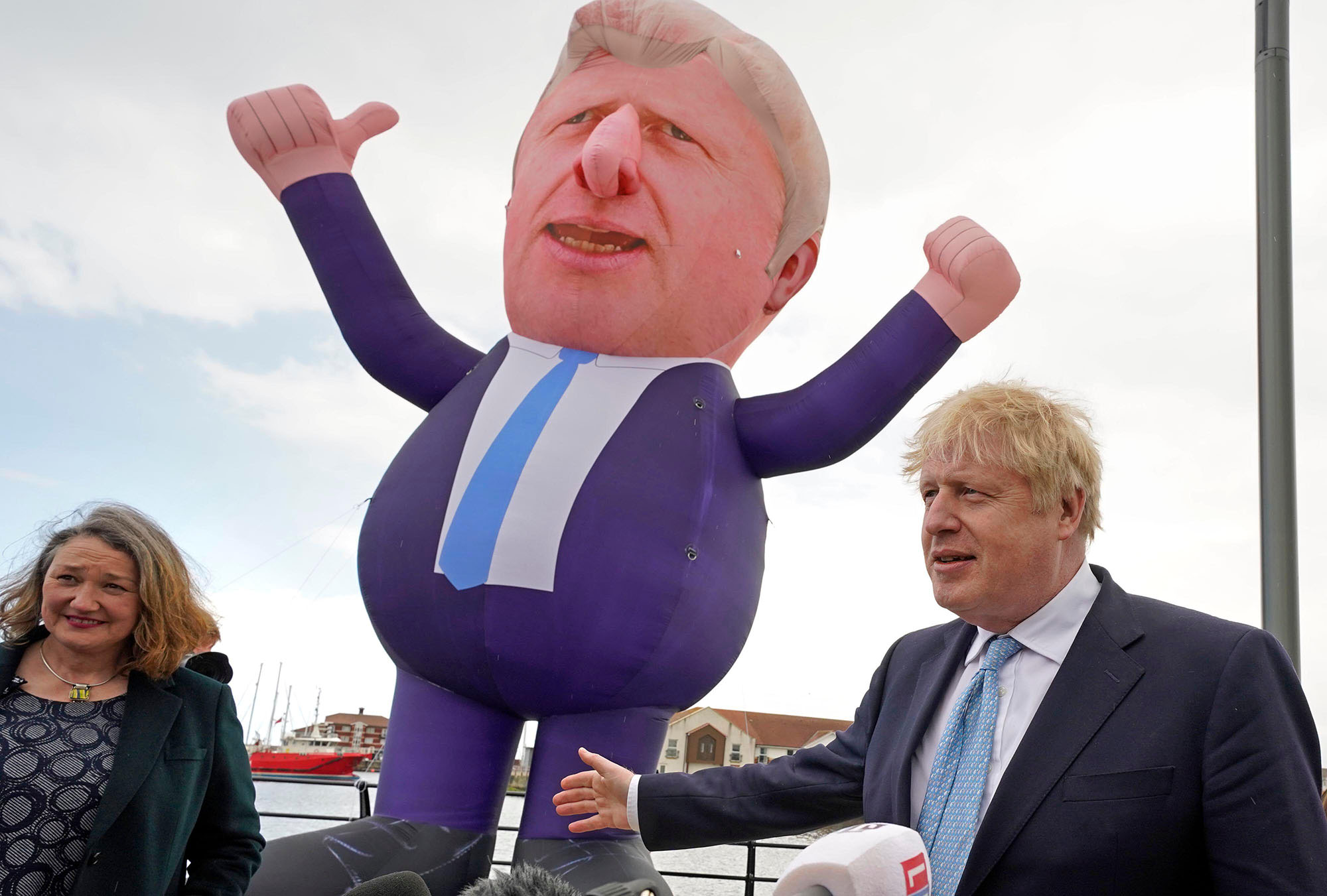
In the next election it will be difficult for Starmer just to hold on to the seats they have left in leave-leaning areas, let alone rebuild the red wall.
But it has not been all doom and gloom for Labour, with some encouraging results in Tory-dominated areas this weekend, a narrative which has so far been largely masked by the fallout from the Rayner “sacking”.
There have been council gains in Colchester in Essex, Worthing in West Sussex, as well as in Oxfordshire including Chipping Norton, a place closely associated with ex-Tory PM David Cameron.
Victories in those places and swings towards Labour elsewhere are being attributed to changing demographics, thanks to younger left-leaning people being priced out of the big cities.
However the change is happening slowly, and while Tory majorities might be chipped away by 2024 there is no sign the next election will see a “Blue Wall” collapse to mirror that of Labour’s of 2019.
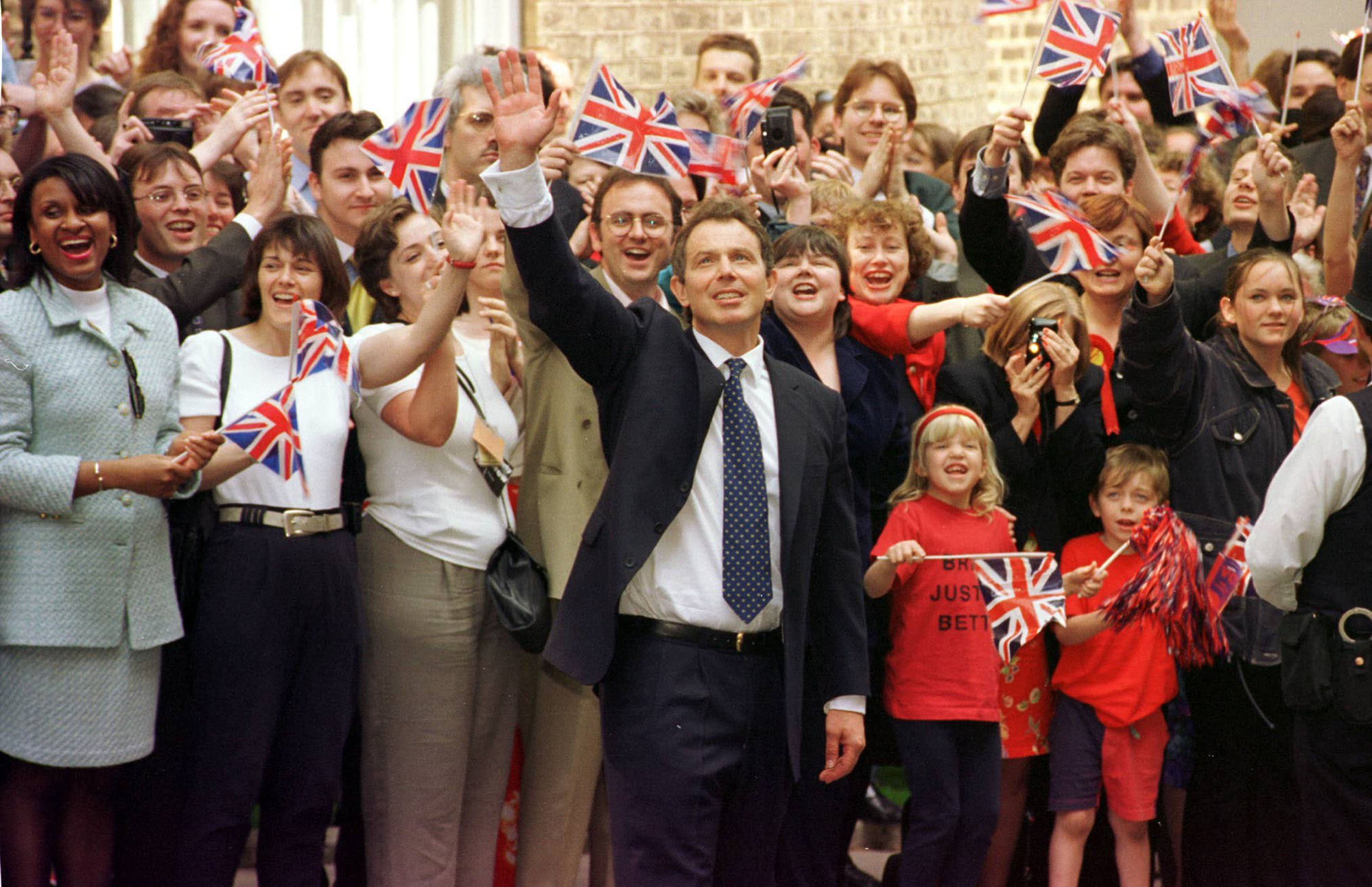
Part of the problem for them is while the Leave vote has all coalesced around the Conservatives, the same is not true of the Remain faction.
In 2019, 74% of those who backed Brexit at the referendum voted for the Conservatives, while only 49% of those who wanted to stay in the EU voted Labour.
The rest is shared around other parties, mainly the Lib Dems and the Green Party, helping fuel stronger than expected showings for them this time out.
So to get enough seats in a Westminster election Starmer needs to reach across both sides, and craft a message that is both patriotic and progressive, and feels truly real and authentic to both patriots and progressives.
The reply from Hartlepool to his first attempt was that they didn’t believe in this new-found nationalism, and it clearly angered the left of his party if LLoyd Russell-Moyle’s response to the seat's loss is anything to go by.
"We can’t just double down, we need to reflect how to demonstrate our values better and connect with people - more Olympic opening ceremony, proud of our history warts and all and less Brittas Empire tribute act," he wrote on Twitter.
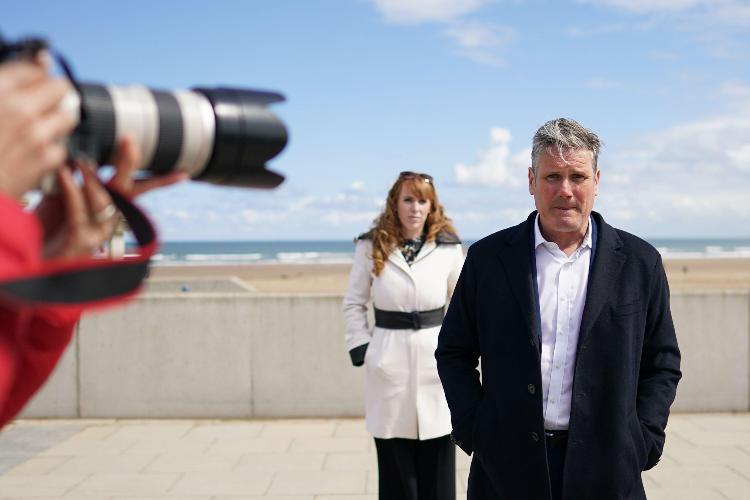
Fundamentally Starmer must build an electoral coalition broad enough to win back the red wall, eat into the blue wall, pick up seats again in Scotland and hold on to the party’s remaining heartlands.
History is not on his side, as Mandelson alluded, Labour have won a majority all too infrequently in recent decades, having been in power for just 10 of the past 42 years, and beyond Blair and Attlee only Harold Wilson has won general elections since the Second World War.
Put that together with the wider issue of centre-left parties collapsing across Europe in favour of more radical parties, an uphill climb became yet steeper.
Some feel the past decade proves Labour is no longer able to win a majority by itself, and they must now push for a progressive alliance to wrestle power back from the Tories.
Others feel that would be a capitulation, an admittance Labour as a party has failed as an electoral force, with Healey calling it “a prospectus of surrender”.
“If Labour as a political party can’t win confidence and support across the breadth of the country, and is simply going to build on its city base, then we don’t deserve to lead the country,” he said.
But if the alternative is to carry on losing elections regardless of leader, regardless of policy, it doesn’t lead room for many other conclusions.
